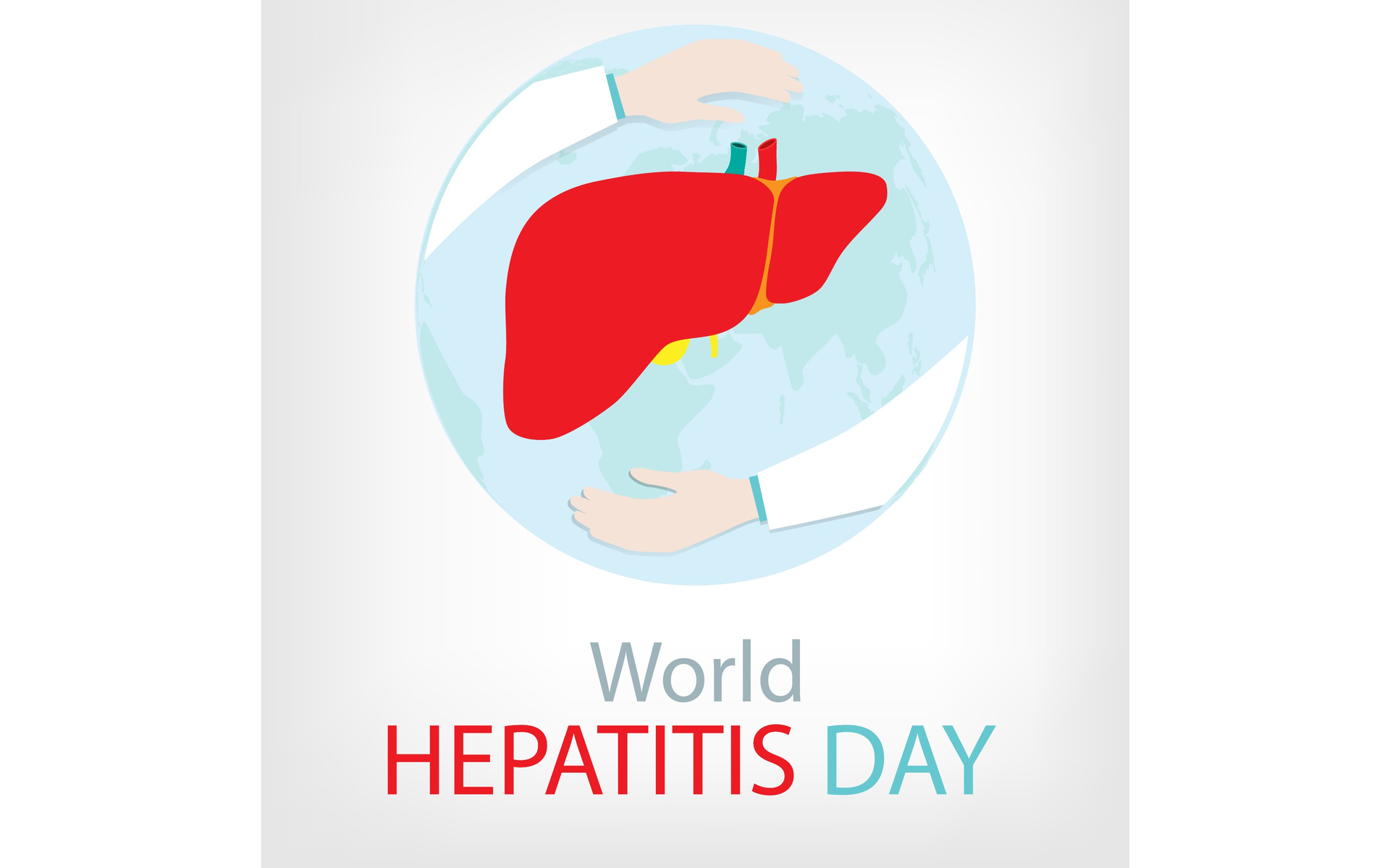Doctors and hospital are calling for special attention on Thursday for viral hepatitis during World Hepatitis Day. Almost everyone knows the word, but what exactly is hepatitis and what are the dangers of this disease?
Infectiologists and gastroenterologists from the Treant hospitals provide explanations.
What does hepatitis mean and is this disease contagious?
Hepatitis comes from the Greek and literally means inflammation of the liver. Hepatitis can be caused by a virus, among other things. If this is the case, we are talking about viral hepatitis. This variant is the most common, is contagious and can be divided into hepatitis A, B, C, D and E. There are also other variants that are transmitted in different ways.’
Is hepatitis dangerous?
‘The liver is temporarily or permanently affected by hepatitis and can no longer do its job properly. That can have all kinds of bad consequences. Scar tissue can form in the liver. This makes the liver work less and less well. We then speak of liver fibrosis. Without treatment, liver fibrosis can progress to cirrhosis. With cirrhosis, the liver virtually stops working and that can lead to fluid in the abdomen, dangerous bleeding in the esophagus and even liver cancer.’
Will hepatitis A go away on its own?
Hepatitis A does not cause permanent inflammation of the liver. The virus will go away on its own within six weeks. People become infected with the hepatitis A virus through contact with other sick people. Or if they ingest food and drink that is contaminated with contaminated feces. If you go on holiday to a country where hepatitis A is common, it is wise to get vaccinated.’
Do you only contract hepatitis B through unprotected sex?
‘You can become infected with the hepatitis B virus through unprotected sex or through contaminated blood. Symptoms of hepatitis B include fatigue, loss of appetite, fever, itching, muscle and joint pain, and jaundice. Hepatitis B usually heals on its own within six months. In some cases, the disease does not heal, and the inflammation of the liver becomes permanent. There is a good vaccination for hepatitis B.’
Which form of hepatitis is most common in the Netherlands and can you get vaccinated?
‘Although hepatitis B is probably the most well-known form of viral hepatitis, hepatitis E is the most common in the Netherlands. Like hepatitis A, it is transmitted through contaminated food, such as undercooked pork or game. Hepatitis E can also be transmitted through poor personal hygiene, for example if you do not wash your hands after visiting the toilet, before eating and before preparing food. Most people do not get very sick from hepatitis E. Hepatitis E can be dangerous for people with a reduced resistance. You cannot get vaccinated against hepatitis C and E. There is a vaccine for hepatitis E, but it is not available in the Netherlands.’
–


